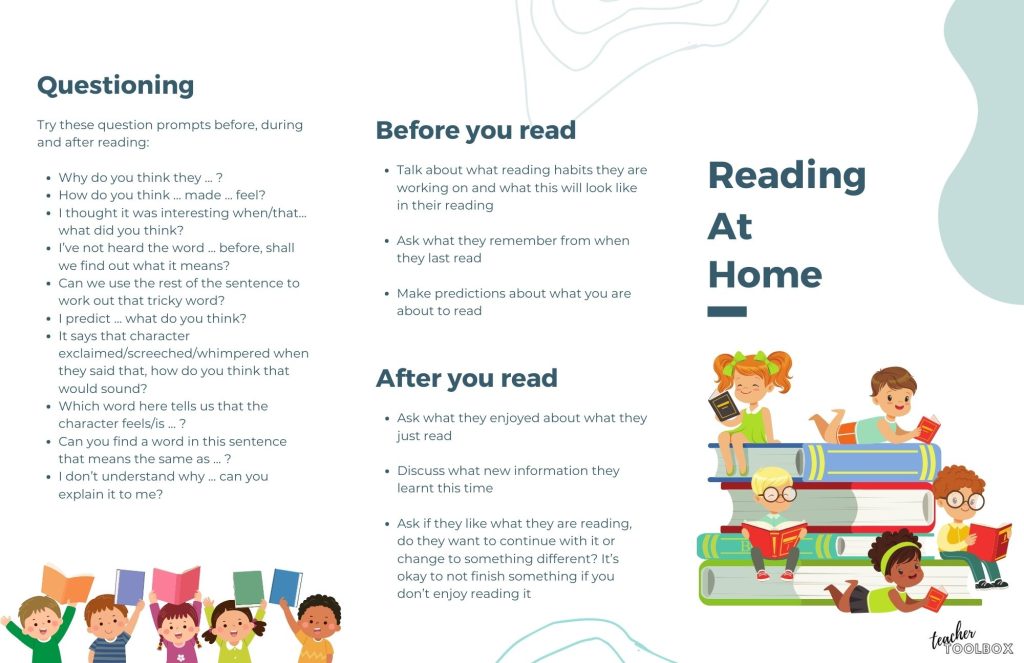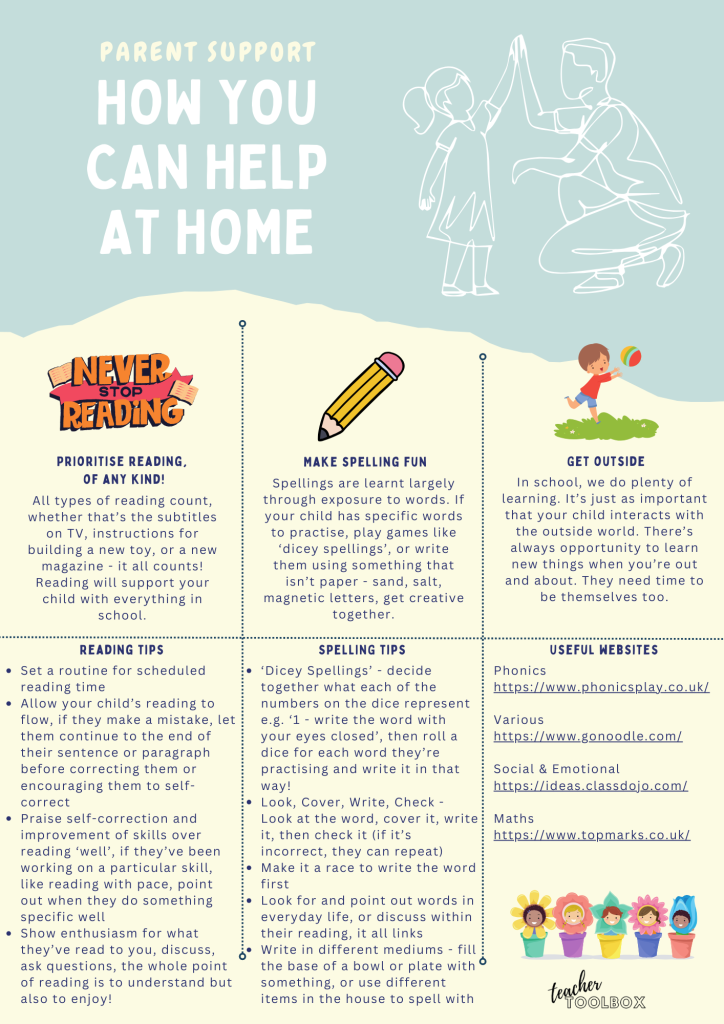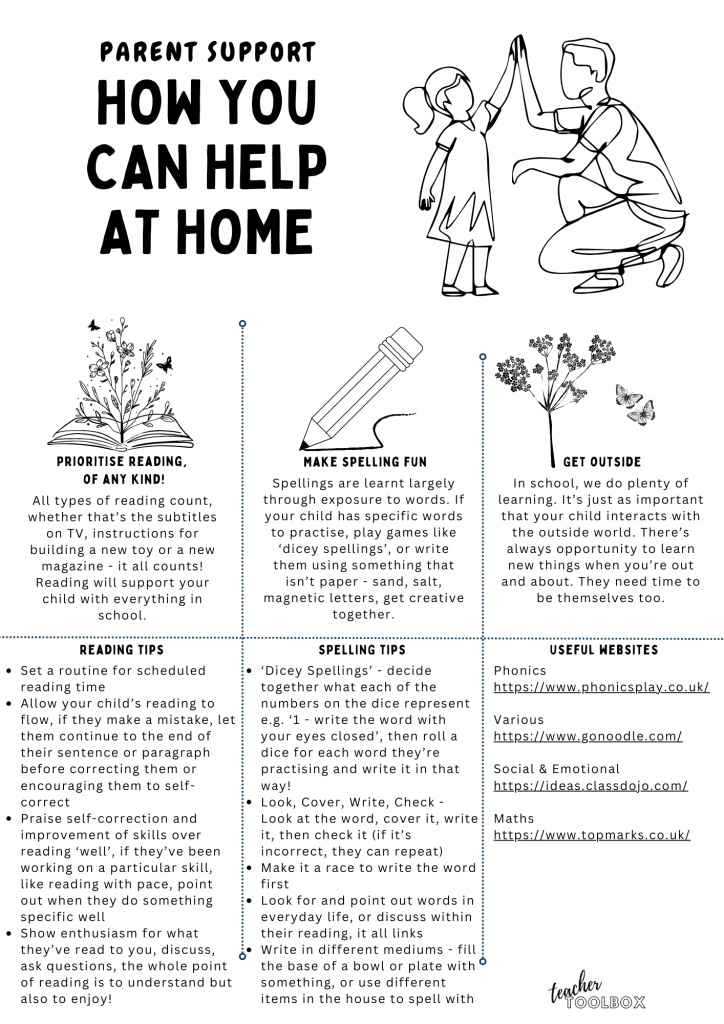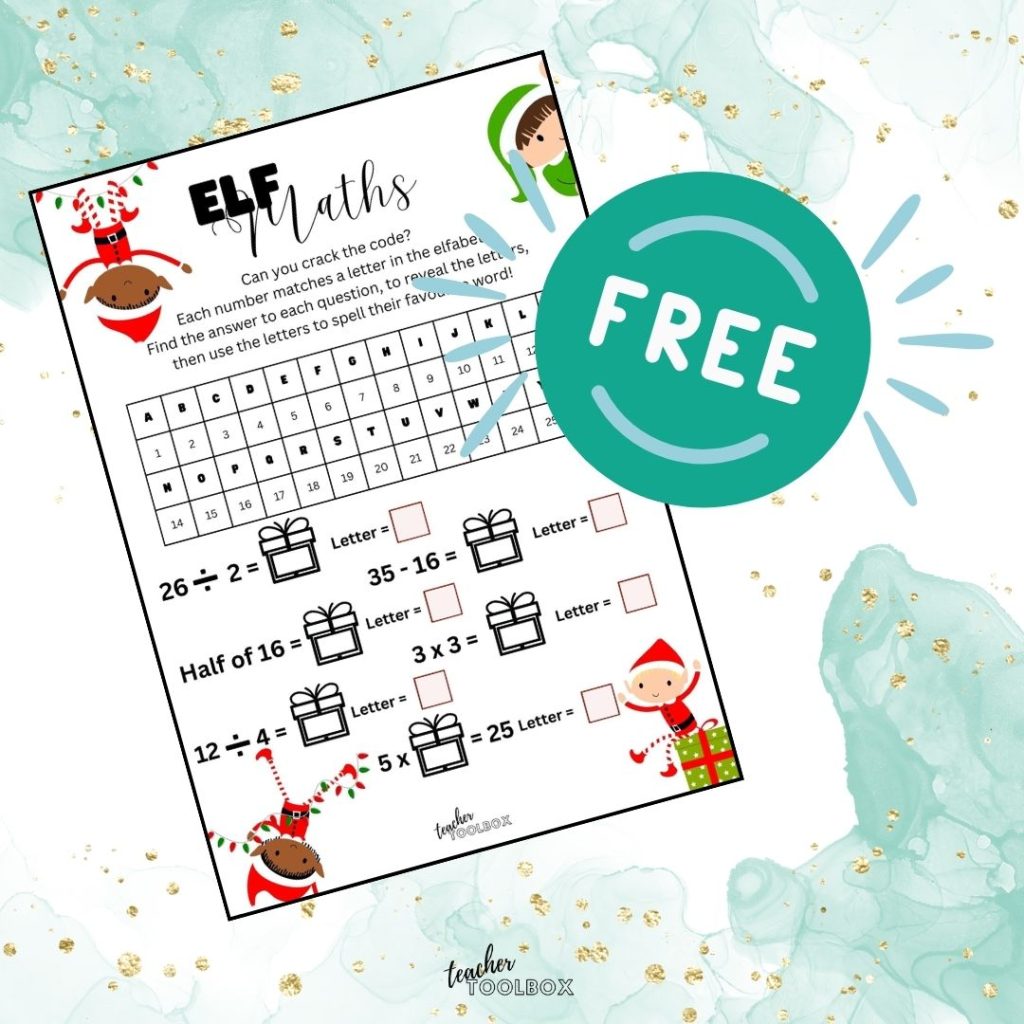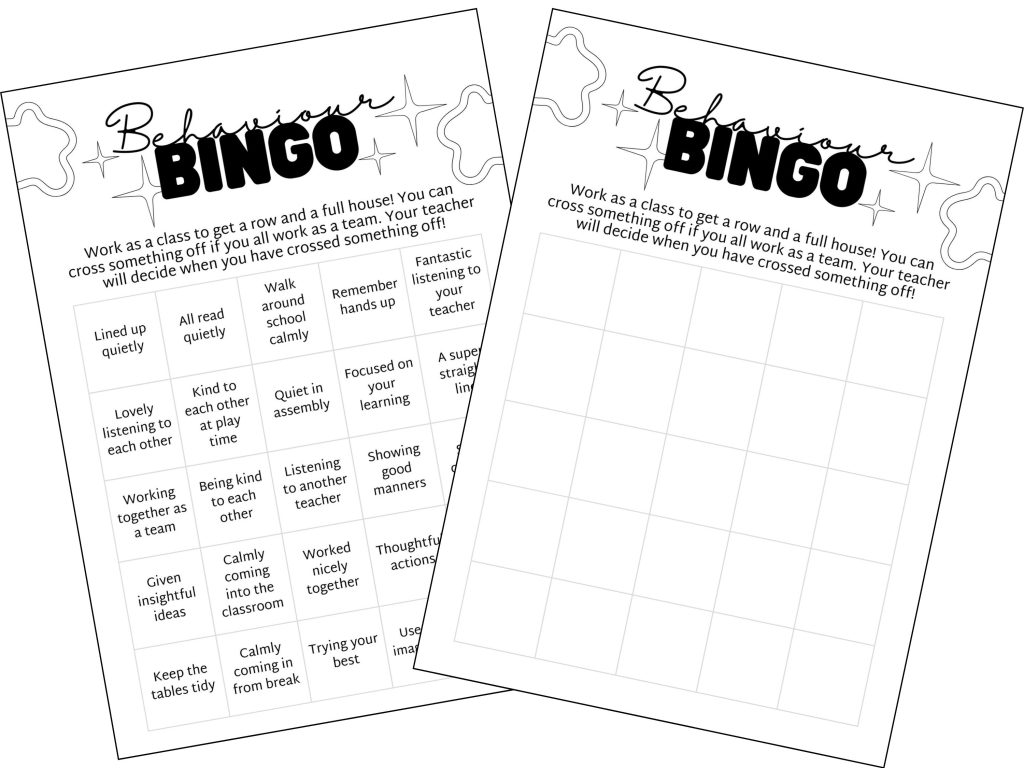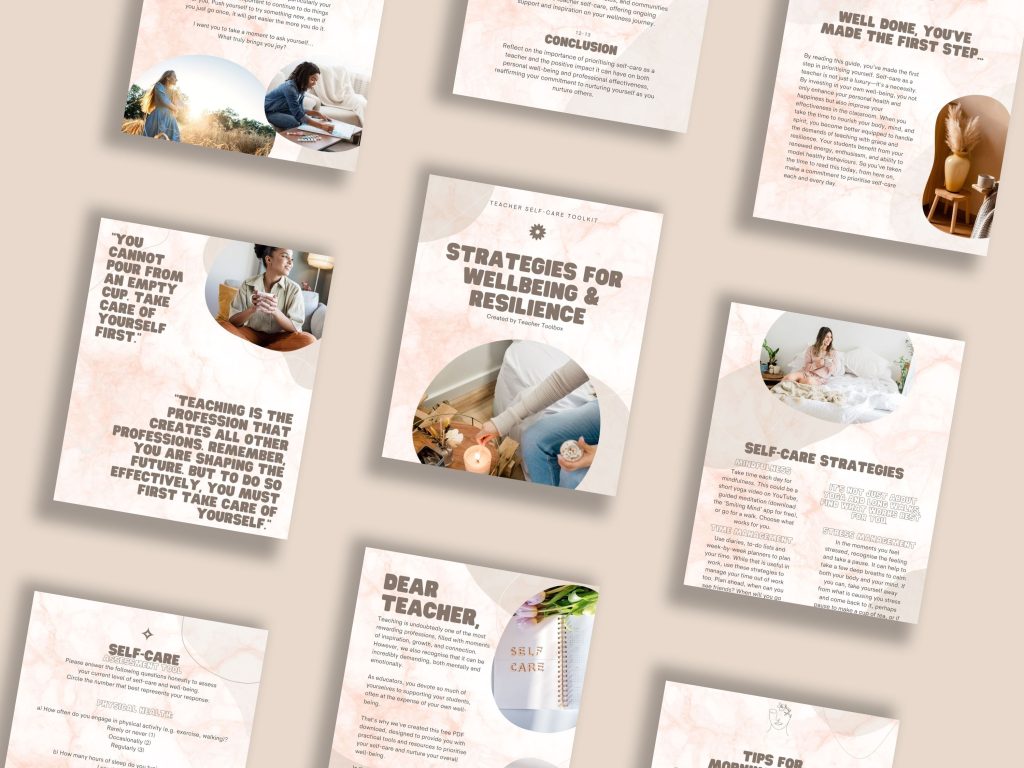Parents’ evening—an event that both teachers and parents anticipate with a mix of excitement and trepidation. It’s undoubtedly an essential aspect of the academic calendar, providing an opportunity for crucial communication between educators and parents. However, for teachers, it can also be an energy-draining endeavour that requires careful planning and self-care. In this post, we’ll share our top tips for not only getting through parents’ evening but doing so with grace and well-being intact.
1. Recognise the Extra Ask:
Parents’ evening is a big additional demand on teachers. It’s a week that often feels longer and more exhausting than others. During this period, it’s crucial to acknowledge the extra effort required and to take extra care of yourself. Recognise that it’s okay to go easy on yourself during this week.
2. Plan Efficiently During the Day:
In the lead-up to parents’ evening, organise tasks during the day with the children that require minimal effort and marking. Consider incorporating self-marking and peer-marking activities, or even tasks with no marking at all if possible. This approach can help alleviate the marking burden during a demanding week.
3. Prioritise Breaks and Nutrition:
Allow yourself a full lunch break, something you should consider as a regular practice. Bring snacks to keep your energy levels up throughout the day. Ensuring you are well-fed and taking breaks is essential to maintaining your stamina and focus.
4. Treat Yourself:
Parents’ evening can be emotionally taxing, so give yourself a treat to look forward to afterward. Whether it’s running a relaxing bubble bath, enjoying a glass of wine, or indulging in your favourite film at the end of the day, find something that brings you joy and relaxation.
5. Prepare in Advance:
In the days leading up to parents’ evening, prepare as much as you can in advance. This includes organising resources a little more in advance, even if it means working a bit later than usual one day. Being ready for the following day can significantly reduce stress and make the overall experience more manageable.
6. Enlist the Help of Children:
If you have older children, involve them in the preparation process. Get them to assist in preparing materials and resources. Not only does this lighten your workload, but it also fosters a sense of responsibility and involvement among the students.
7. Dress Comfortably:
While it’s essential to look smart, prioritise comfort in your attire. You’ll likely be on your feet for an extended period, so choose an outfit that exudes professionalism but allows you to move comfortably.
8. Prepare Notes and Handouts:
Have a few notes prepared with any specific points you want to communicate to parents. Additionally, prepare handouts that can provide valuable information, such as an overview of the curriculum, upcoming events, or tips for supporting learning at home. Free handouts can be found on our resources page. This preparation ensures a smooth and informative interaction with parents during the evening.
Parents’ evening is undoubtedly a challenging week for teachers, but with careful planning and self-care, it can be navigated successfully. By implementing these tips, you can not only get through parents’ evening with ease but also ensure that you emerge from the experience with your well-being intact.


